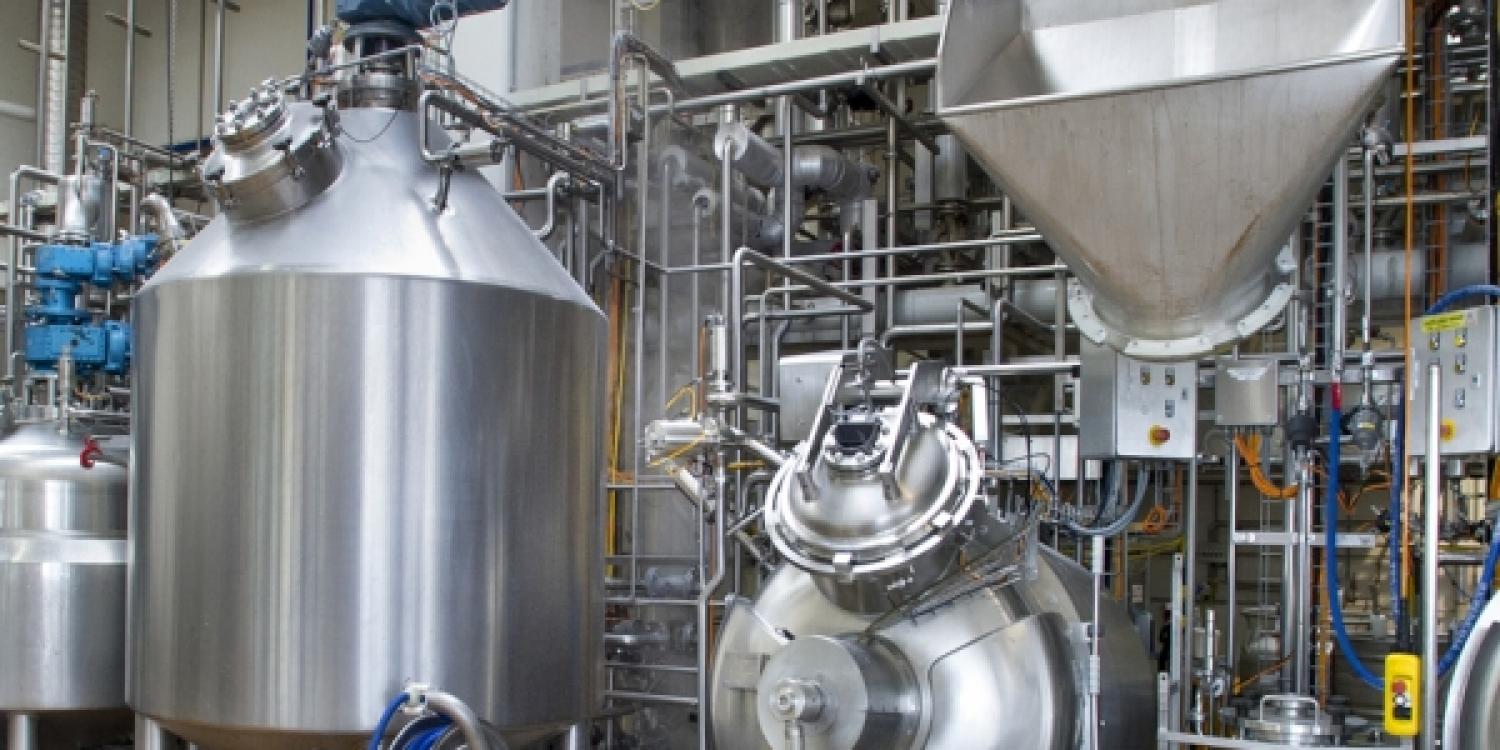Fine-tuned energy management in French cannery

Information
Better data... in the can
- Carbon Footprint analysis points to the need for better, comparable data feeding optimised metering and operations
- Measures lead to 36 % savings on steam production and reduced water consumption by 5.3 litres for each tonne of production
The Russy Bémont plant processes 30 000 tonnes of vegetables for canning annually. Energy is major part of the company's expenses and a significant potential gain compared to other items (raw materials, metal cans, personnel, etc.). Each year, 7 000 tonnes of steam are used at the site to sterilise vegetables. This represents 30 % of the site's energy consumption costs.
After carrying out a Carbon Footprint analysis, which showed the contribution of its processing plants to the total CO2 emissions, the focus turned to finding ways to optimise Russy Bémont's energy management through better metering and monitoring indicators.
Bonduelle monitors its energy consumption through a ratio in kWh per tonne of finished product. To distribute this ratio by type of operation (bleaching, sterilisation, etc.), meters were installed to monitor the water and steam consumption of plant sterilisers (one steriliser in 2006 and two sterilisers in 2007). Better data means the company can compare the sterilisers' performance with optimisation models developed for the devices, and to correct the drifts. These meters can also be used to check the energy performance of new settings (optimisation of the temperature for preheating and cooling of the boxes, etc.) or process modifications. In addition, consistent metering is also a strategic tool for controlling sterilisation and bleaching facilities.
Key benefits
From an energy point of view, the project has helped the company reduce steam consumption related to sterilisation by 36 %, or 2 085 MWh CHP a year since 2007. The gross payback period is estimated to be between one and a half and two years.
From an environmental point of view, water consumption has been reduced to 5.3 litres per tonne of half-gross produced: from 95 kg a tonne in 2005 to 60 kg a tonne in 2009.
This type of process can be applied to steam metering but also to compressed air, chilled water, electricity, etc. Resulting savings typically represent between 5 % and 15 % of the energy bill, to which should be added operating and maintenance facilities. The operations carried out also made it possible to improve the quality of the cooling of hot water for sterilisation and preheating of juice water thanks to a new exchanger.
Ademe (2011), 'Réduction des consommations d’énergie grâce au comptage en agro-alimentaire', http://www.ademe.fr/sites/default/files/assets/documents/reduction-cons…